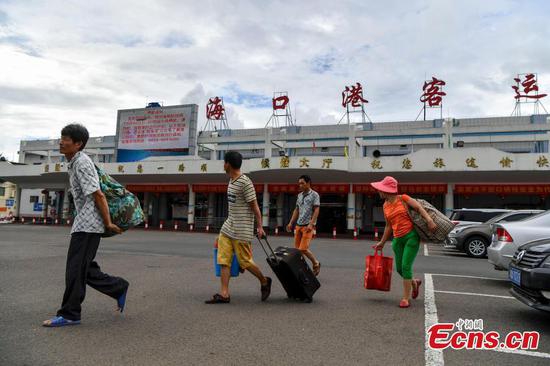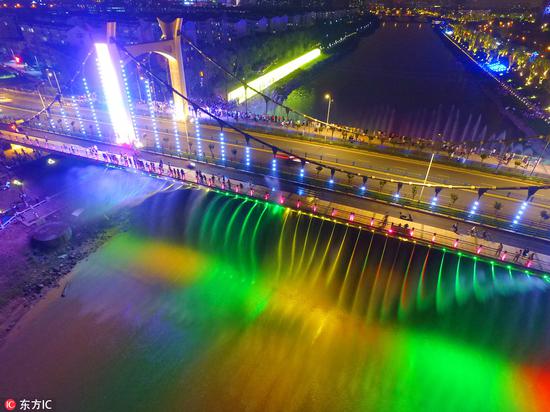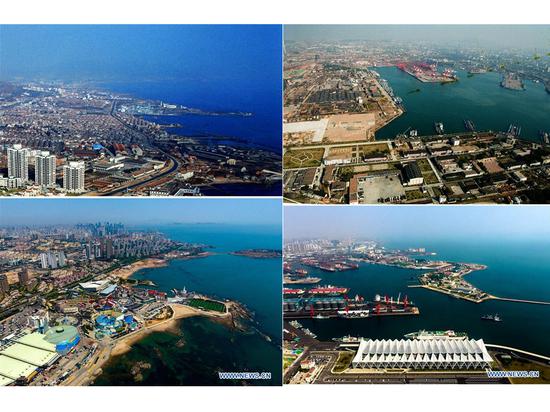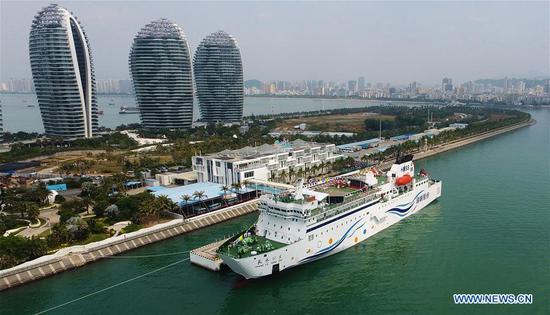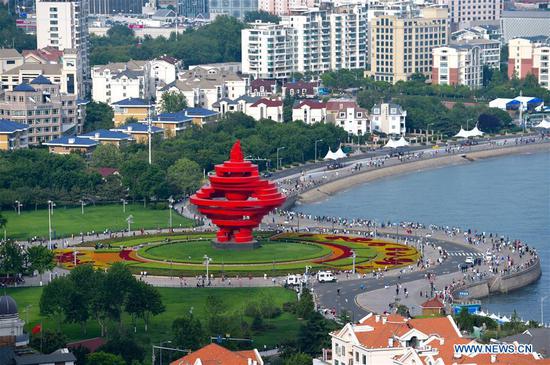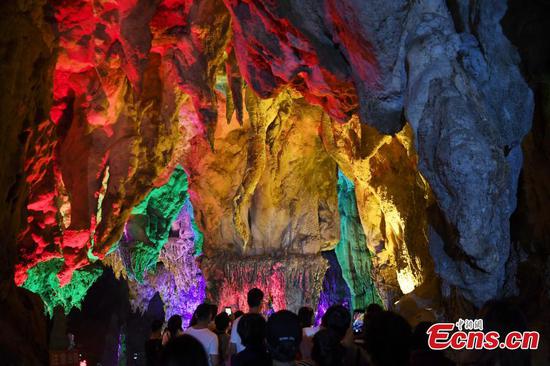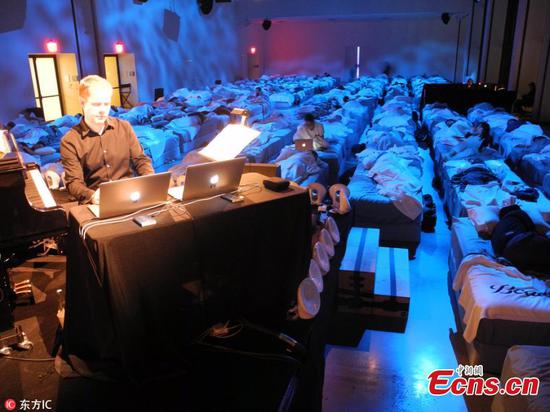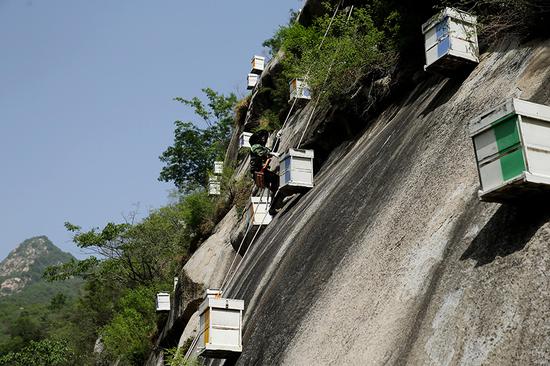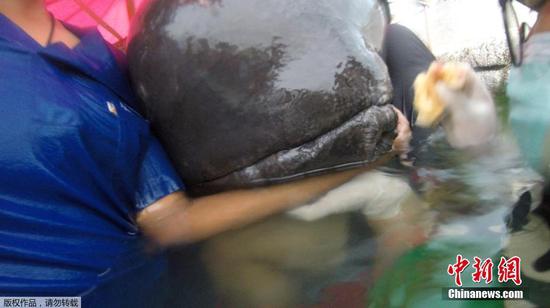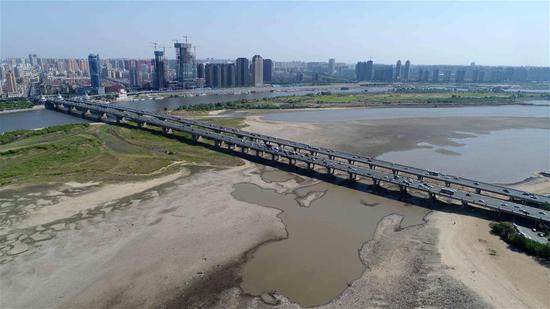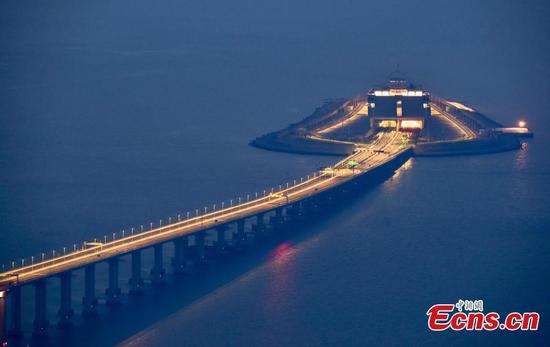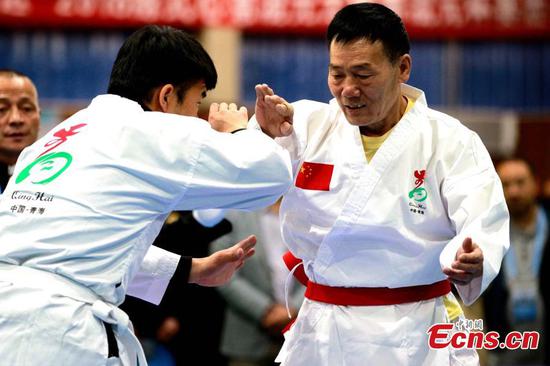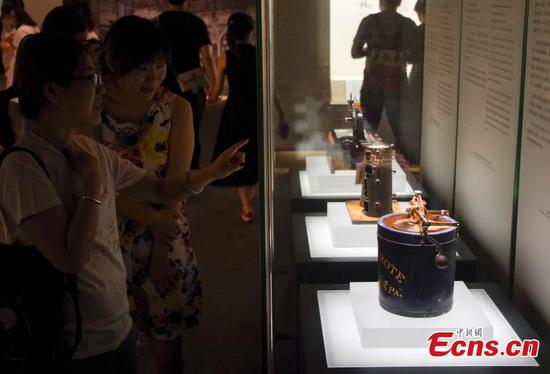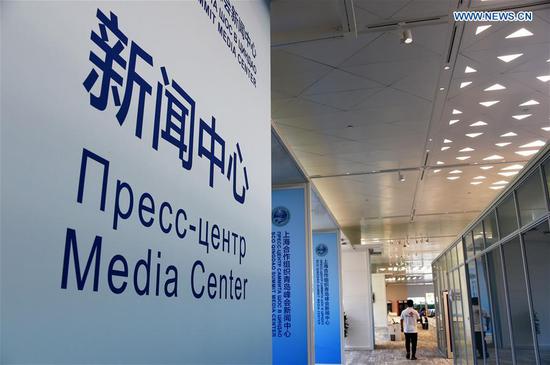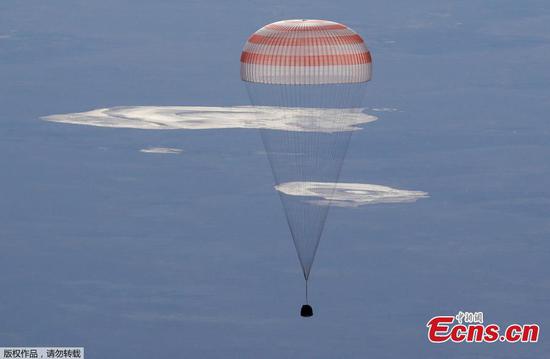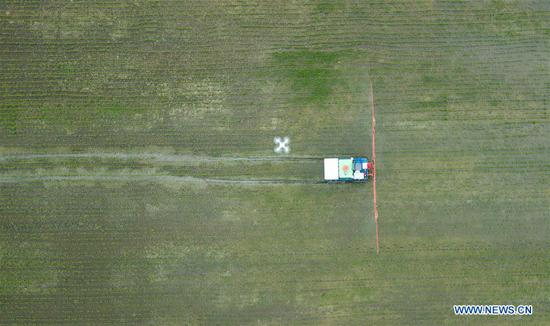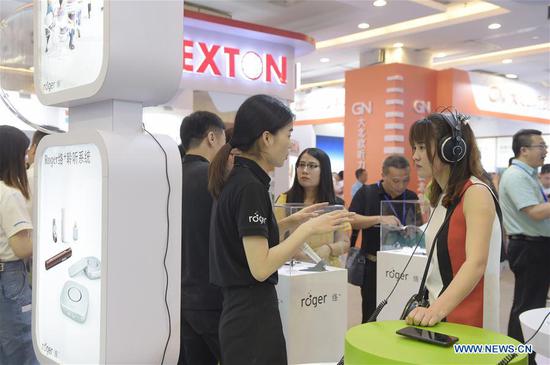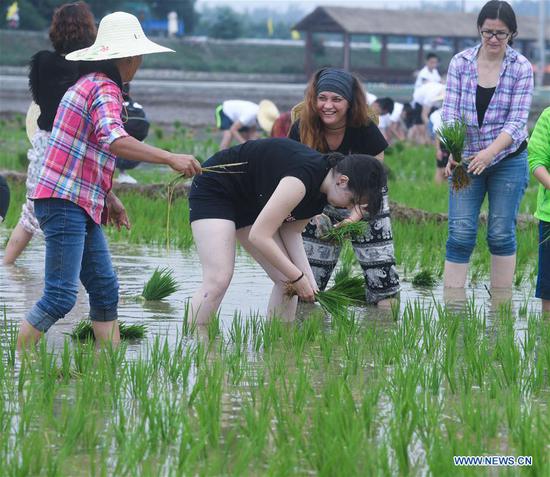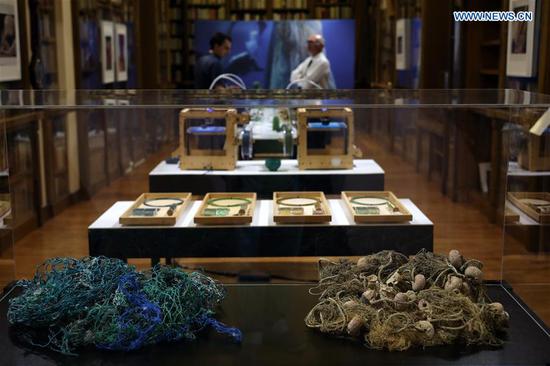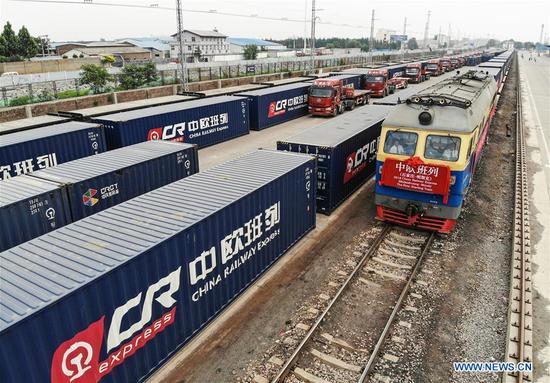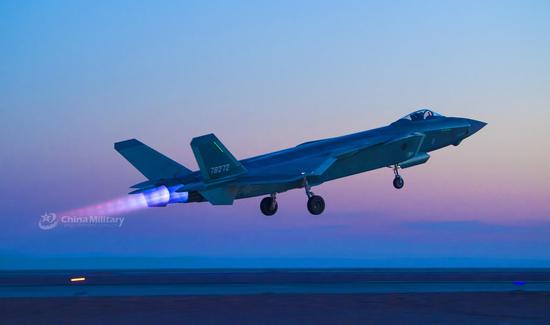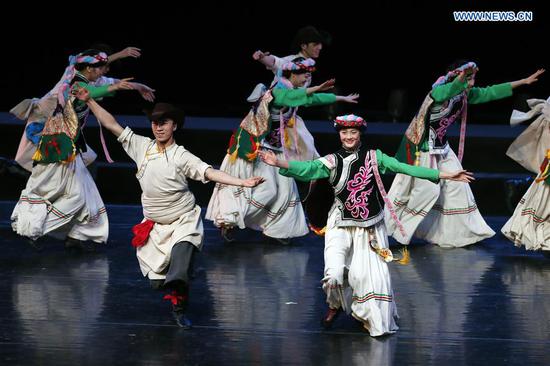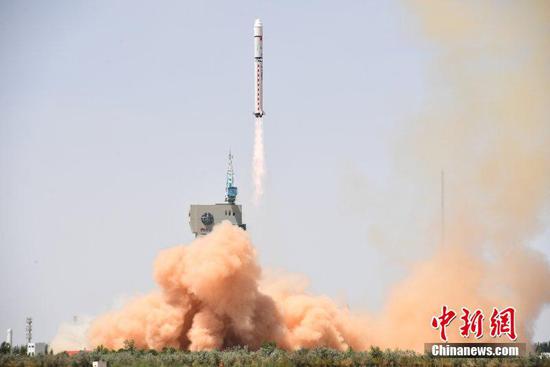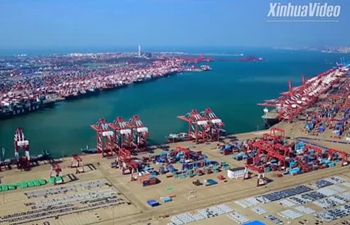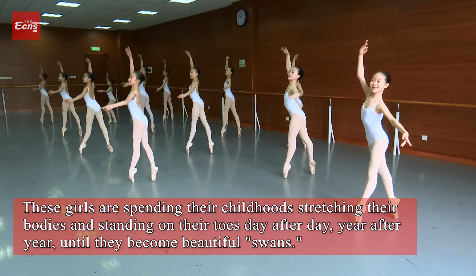According to a Nihon Keizai Shinbun report on Monday, the productivity of academic papers at the University of Tokyo (UTokyo) has been surpassed by Tsinghua University. The research capacity of Japanese universities has been significantly reduced, and there is an obvious gap between Japan and the Occident.
The report was based on a survey conducted by Nihon Keizai Shinbun associated with publishing organization Elsevier and Doctor Koizumi Amane from National Institutes of Natural Sciences in Japan.
he findings are based on a survey of 209 universities in Japan and abroad, which calculated "the university innovation index." The study also compared "the number of academic papers," "the volume, and reputation of the research," "the citations" and "the average quality of papers produced by each researcher."
From 2012 to 2016, the number of academic papers from University of Tokyo increased from 10 years ago and remained in the top 10 in the world, after Harvard University and Stanford University. However, the productivity of academic papers of the University of Tokyo fell to 94 in the same period.
"The biggest change in a decade is the rise of the University of Tsinghua," the report pointed out. "UTokyo was better than Tsinghua in each index between 2002 to 2006. Ten years later, competition has a dramatic shift."
"Japan cannot follow Internet era properly," said Hiroshi Amano, the Nobel winner and doctor from Nagoya University.
With the booming development of Google, Facebook, and other enterprises, a lot of universities have brought out scientific research to cope with the innovations in industrial structure.
"Tsinghua University with one of the world's leading quoted rate on artificial intelligence (AI) papers gains the upper hand of high-technology research, but Japanese universities are falling behind in this international competition," Amano added.
The Nikkei's report also pointed out that the universities and institutions should find ways to figure out these issues and reinvigorate research.









